From pv magazine USA
US Customs and Border Protection (CBP) has detained an unspecified quantity of solar cells belonging to solar equipment maker Qcells, the company told pv magazine USA.
The detention came under the Uyghur Forced Labor Prevention Act (UFLPA), a law that CBP began enforcing in mid-2022 to bar goods made with forced labor in China’s Xinjiang region from entering the US market.
The company did not disclose the detained products’ volume or value. The CBP dashboard for UFLPA enforcement statistics shows that in June, the agency detained seven shipments from South Korea valued at a combined $3.37 million of electronics products, a category considered mostly to encompass solar panels and components as well as batteries. The dashboard suggests that the seizures were the first detentions of electronic products from South Korea since UFLPA enforcement began.
Qcells says the detained cells contain no material from Xinjiang, China, the company is rebutting any CBP presumption that it does, and it hopes for the detention to be swiftly resolved.
“Everything in our most recent supply chain is non-China,” said Scott Moskowitz, Qcells’ vice president of market strategy and industry affairs.
Moskowitz said the company is working with CBP to document and clarify sourcing origins of the cells and hoping for the issue to resolve “relatively quick.”
“It’s a routine inspection,” Moskowitz said.
The UFLPA action marks an abrupt showing in detentions of electronic gear from South Korea. Qcells is owned by Hanwha Solutions, a South Korean conglomerate. The company’s U.S. imports of cells originate in its factories in South Korea and Malaysia.
On US soil, Qcells is ramping up the first domestic vertically integrated crystalline-silicon solar manufacturing site since the 2018 collapse of SolarWorld Americas Inc., which had operated such a factory outside of Portland, Oregon. As cell production ramps up at its plant in Cartersville, Georgia, the company said it aims to reduce its reliance on imported cells for US module manufacturing.
The company said the detention of its imports is part of an expected escalation of enforcement of trade measures generally and of the UFLPA specifically.
If so, the escalation further complicates the domestic solar industry’s short-term drive to revive a stable cell supply for domestic solar production, considered an important weak link in the US solar supply chain. US trade duties on solar imports and foreign-owned-entity-concern (FEOC) restrictions affecting use of Chinese inputs are among additional factors that are likely to bedevil domestic cell supplies.
While some domestic manufacturing operators, such as Mission Solar Energy and T1 Energy, are ostensibly pushing ahead with cell factory projects, others, such as a Meyer Burger (cell), have pulled the plugs on their cell-production plans.
Higher-volume domestic production of solar cells is the long-term key to unlocking faster progress on re-onshoring manufacturing of solar gear on US soil, Moskowitz said.
In March, for instance, CBP formally denied Maxeon’s protests against detentions of more than 160 of its shipments of solar panels into the US market from its manufacturing sites in Mexico. The dispute has been ongoing.
CBP also has detained US solar imports of Chinese companies Longi Solar and JinkoSolar for UFLPA inspection. The agency typically does not disclose final disposition of detained imports.
This content is protected by copyright and may not be reused. If you want to cooperate with us and would like to reuse some of our content, please contact: editors@pv-magazine.com.
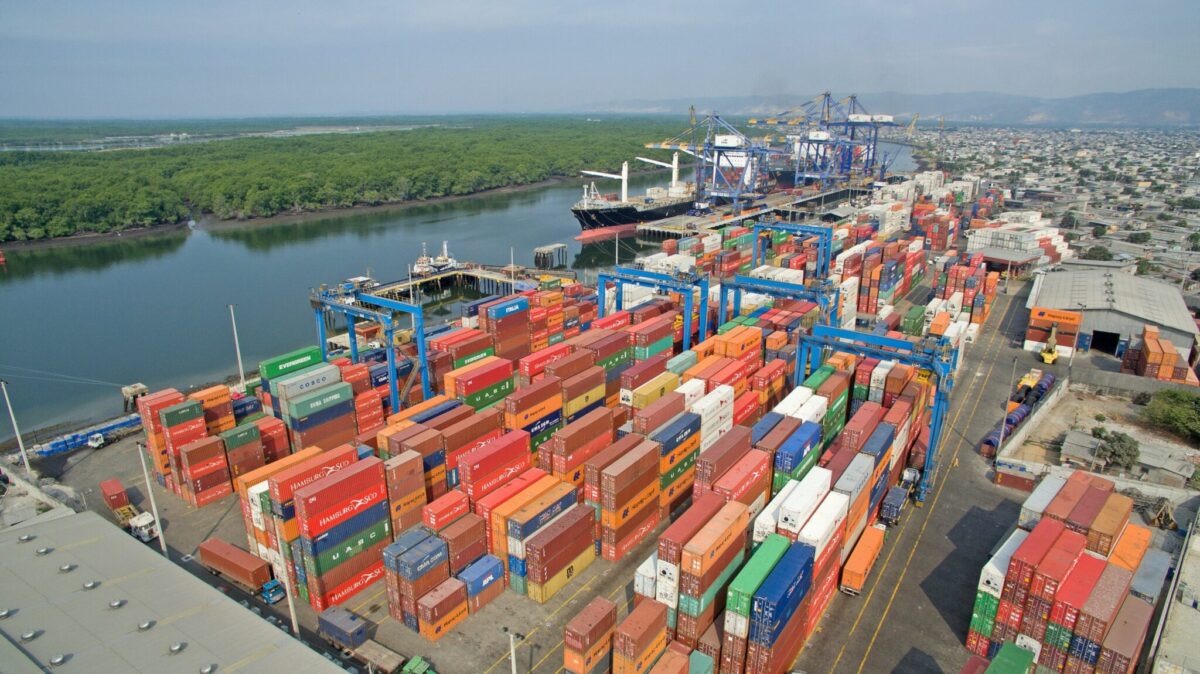
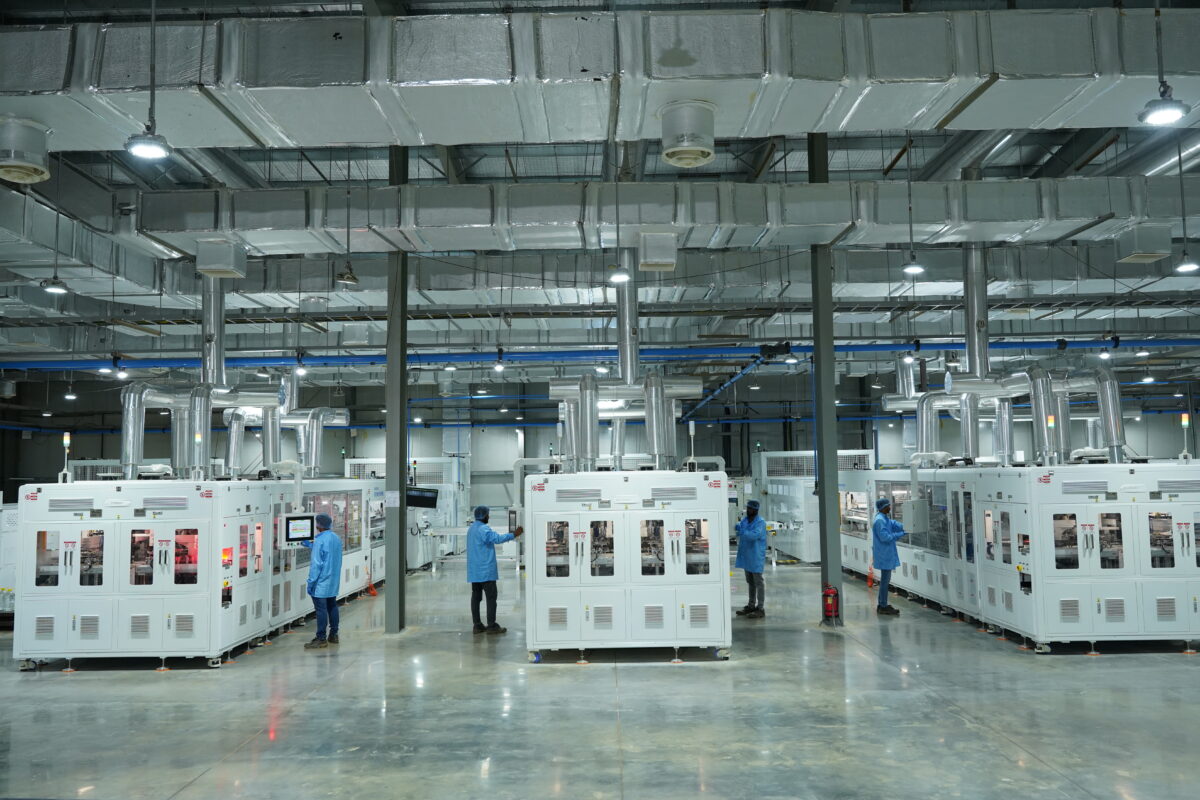


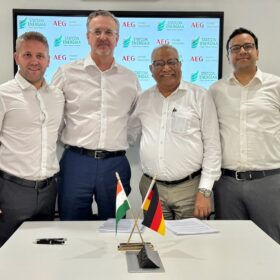

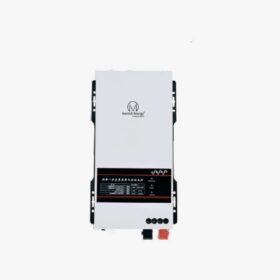
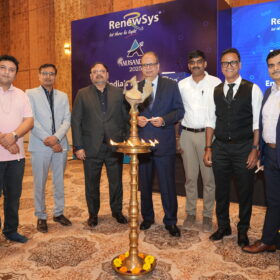
By submitting this form you agree to pv magazine using your data for the purposes of publishing your comment.
Your personal data will only be disclosed or otherwise transmitted to third parties for the purposes of spam filtering or if this is necessary for technical maintenance of the website. Any other transfer to third parties will not take place unless this is justified on the basis of applicable data protection regulations or if pv magazine is legally obliged to do so.
You may revoke this consent at any time with effect for the future, in which case your personal data will be deleted immediately. Otherwise, your data will be deleted if pv magazine has processed your request or the purpose of data storage is fulfilled.
Further information on data privacy can be found in our Data Protection Policy.